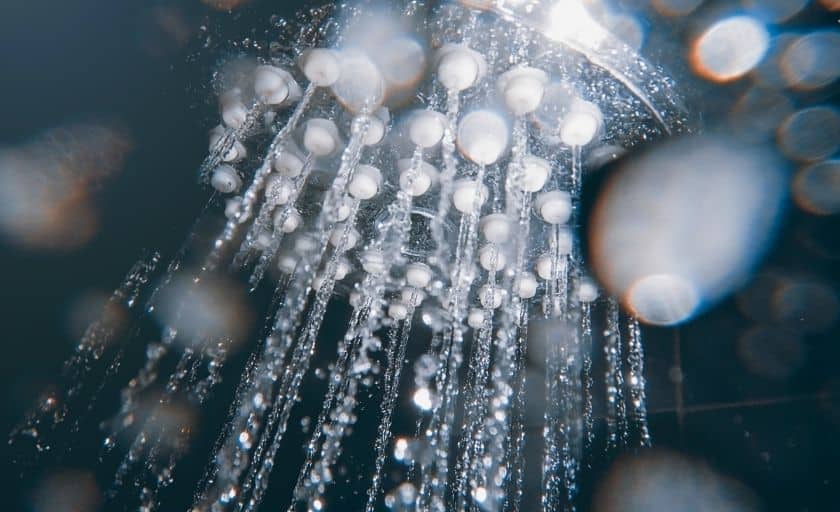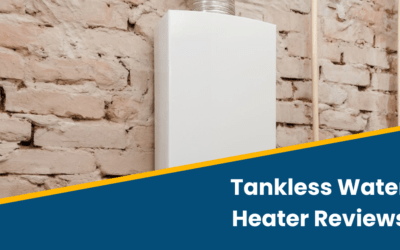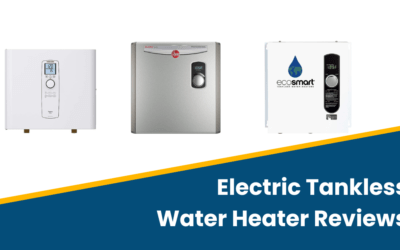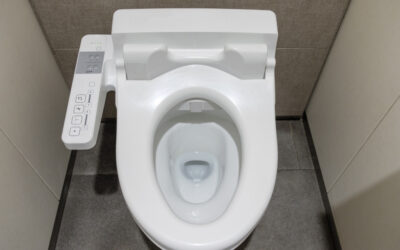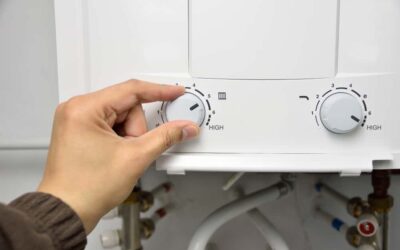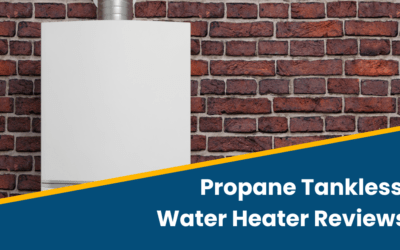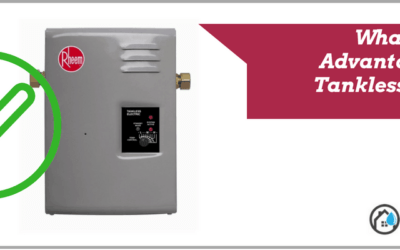Waiting for your water heater to heat up can be a really frustrating experience. There’s almost nothing more annoying than getting ready for a nice hot bath or shower, only to discover that there’s no hot water!
As you flip the switch on your water heater or boiler, you’ll probably be wondering exactly how long it takes for a water heater to heat up.
Well, the answer to that question is simultaneously simple and complex; simple because we can actually provide an average numerical estimate, but complicated because there are 2 main types of home water heaters, both of which need to be considered individually.
In this article, we will be approaching the question of how long it takes for a water heater to heat up from 2 angles. First, we’ll be discussing gas heaters, how they work, and how long they take to heat up on average. Then, we’ll move on to talking about the same information as it relates to electric water heaters before revealing the overall average time it takes for a water heater to heat up. We will also be touching on some more recently-developed types of alternative water heaters which you would be less likely to find in residential homes, but are useful to know about nonetheless.
Gas Water Heaters
The most popular and widely-owned type of home water heater is a gas water heater.
Gas-powered water heaters have been around for a long time. In fact, the first functional model of the gas water heater as we know it today (well, more or less) was invented in 1897 by Norwegian Engineer, Edwin Rudd.
Gas water heaters work by using gas burners to heat up cold water, which enters the tank through a supply tube or pipe. Because of a process called convection (you might remember this one from physics class), the newly heated water rises away from the heating source and travels upwards through the tank. At this point, the hot water is conducted away from the heater and towards wherever it is needed through what is called the discharge pipe.
Now, this is actually quite a fast process – although, admittedly, probably not as fast as you might like when you’re standing in your towel waiting for your shower to heat up.
On average, a gas water heater will take somewhere between half an hour and 40 minutes to heat up and distribute hot water from when it is turned on.
Electric Water Heaters
The other type of household water heater we need to discuss is the electric water heater.
The electric water heater developed as a progression of Rudd’s conventional gas water heater as, throughout the 20th century, more and more households were fitted with electricity.
For the most part, electric water heaters work in the same way as gas-powered water heaters, except that it uses electrically powered heating elements to heat the water instead of a gas burner. The process of convection still takes place, so the hot water is able to rise the tank and be carried away by the discharge pipe.
Although the gas water heater is still the conventional method of household water heating, electric water heaters have many benefits over gas heaters when it comes to cost and energy-efficiency.
While the running costs of electric and gas water heaters are roughly the same, gas heaters are more expensive to purchase. They’re also less efficient during the heating process because a gas heater requires ventilation to get rid of excess gas, so not all of the heating power it produces is used. Wasted energy levels are much lower with electric water heaters.
Unfortunately, despite all the other benefits of electric water heaters over gas heaters, electric models generally take longer to heat up. On average, an electric water heater will take anywhere from 60 to 80 minutes to start supplying hot water.
Other Water Heaters
Although you’re most likely to find/own gas-powered or electric water heaters in residential properties, there are other types of water heating appliances currently being used in the U.S.
For example, solar-powered water heaters are on the rise thanks to growing concerns about energy-efficiency and climate change. Solar water heaters collect solar energy using solar panels (normally on the roof of the building). This solar energy is then converted into heat energy and used to heat up the water in the heating tank.
Most of the time, a solar water heater will need to be connected to an electric water heater. This is because solar energy can’t be collected efficiently at night or, often, during the winter. Water may also need to be reheated if it isn’t hot enough. Therefore, a backup heating source is required. For this reason, a solar water heater usually takes roughly the same time as an electric heater to heat up: 60 to 80 minutes.
Finally, tankless water heaters are also an option. These heaters essentially heat up water through gas or electrically-heated pipe systems without the use of a tank. This means that water is continuously heated as it travels through the system as opposed to being heated gradually in tank-loads. This significantly cuts down the waiting time for hot water (as little as 15 seconds!), although it also reduces the rate of flow.
Summary
So, we’ve established that gas heaters tend to heat water more quickly than electric heaters, taking 30 to 40 minutes on average, as opposed to the electric heater’s normal 60 to 80 minutes.
However, as we have seen, tankless water heaters work much faster than this, heating water up in just 15 seconds on average, although they do cause the additional problem of slower water flow. Solar heaters, meanwhile, often use electric heaters for backup heating, so their heating times don’t differ too much from those of electric water heaters.
If we take the average of the 2 most conventional types of water heating systems in the U.S. (electric and gas), we can provide a general estimate of 52.5 minutes for the time it takes a water heater to heat up.

